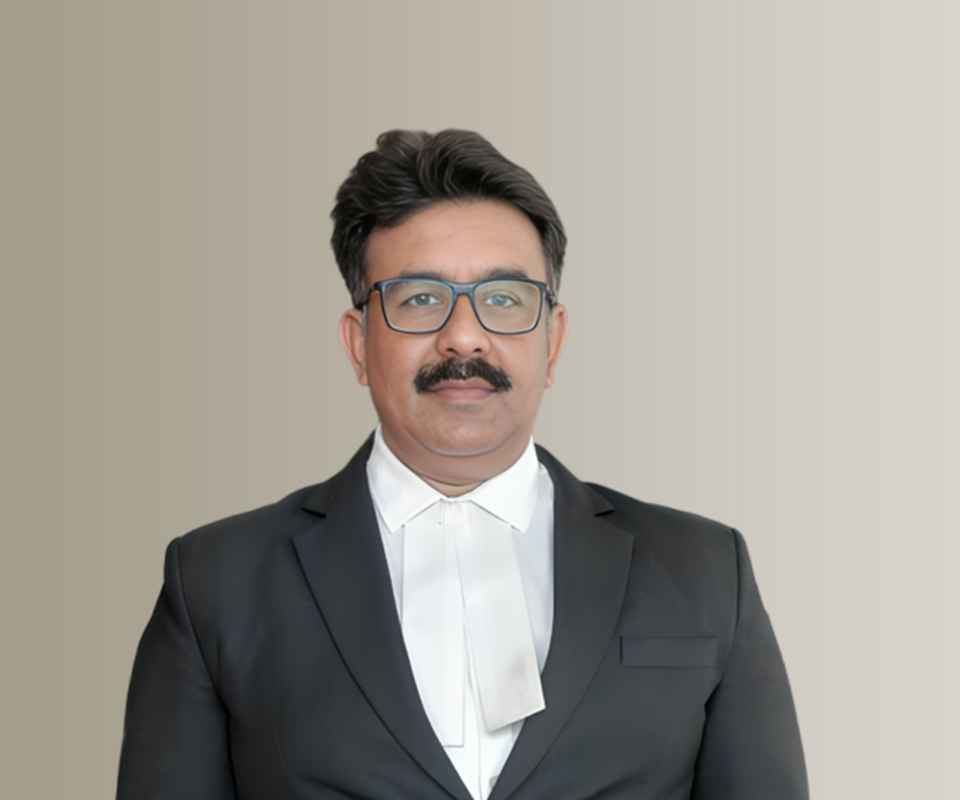Answer By law4u team
Constitution Of India Article 151: Audit Reports
(1) The reports of the Comptroller and Auditor-General of India relating to the accounts of the Union shall be submitted to the President, who shall cause them to be laid before each House of Parliament.
(2) The reports of the Comptroller and Auditor-General of India relating to the accounts of a State shall be submitted to the Governor {3***}of the State, who shall cause them to be laid before the Legislature of the State.
NOTE
3.The words or Rajpramukh were omitted by the Constitution (Seventh Amendment) Act, 1956, s. 29 and Schedule (w.e.f. 1-11-1956).
Brief Detail
Article 151 defines the procedure for submitting the audit reports of the Comptroller and Auditor-General. The Union reports are submitted to the President and then laid before both Houses of Parliament, while State reports are submitted to the State Governor and then laid before the State Legislature.
Question & Answers
What is the procedure for submission of audit reports as per Article 151?
Article 151 mandates that the Comptroller and Auditor-General’s reports for the Union are submitted to the President, who then lays them before the Parliament. For States, the reports are submitted to the Governor, who then lays them before the State Legislature.
Who receives the audit reports for the Union and States?
The President receives the audit reports for the Union, and the Governor receives the audit reports for a State. These reports are then presented before their respective legislatures.
Example
For example, after an audit of the financial accounts of the Union Government, the Comptroller and Auditor-General submits the report to the President, who then presents it to both Houses of Parliament for review. Similarly, the audit report for a State is submitted to the State's Governor, and it is laid before the State Legislature for consideration.
Summary
Article 151 ensures that the Comptroller and Auditor-General’s reports are properly submitted to the President or Governor, and subsequently laid before the legislative bodies to ensure transparency and accountability in the financial dealings of the Union and State governments.







